Umbrella insurance policies are a type of liability insurance that provides additional coverage above and beyond the limits of your existing policies. These policies can provide critical protection for individuals and businesses that face significant risks of liability. In this blog post, we’ll explore what umbrella policies are, how they work, and why they’re an important part of any comprehensive insurance plan.

An umbrella policy is a type of insurance policy that provides additional liability coverage above and beyond the limits of your existing policies. This means that if you face a liability claim that exceeds the limits of your existing policies, your umbrella policy will provide additional coverage to help protect your assets.
Umbrella policies can provide coverage for a wide range of liability risks, including bodily injury, property damage, and personal injury claims. For example, if you cause a car accident that results in significant injuries to the other driver, your auto insurance policy may only provide coverage up to a certain limit. If the damages exceed this limit, your umbrella policy can provide additional coverage to help protect your assets.
Umbrella policies work by providing an additional layer of liability coverage above and beyond the limits of your existing policies. To qualify for an umbrella policy, you typically need to have certain minimum liability limits on your existing policies. For example, you may need to have liability limits of at least $300,000 on your auto insurance policy and $500,000 on your homeowners insurance policy to qualify for an umbrella policy.
Umbrella policies are typically sold in increments of $1 million, with coverage limits ranging from $1 million to $10 million or more. The cost of an umbrella policy varies depending on a range of factors, including your level of risk, the amount of coverage you need, and your existing insurance policies.
Umbrella policies are an important part of any comprehensive insurance plan for several reasons. First, they provide additional liability coverage that can help protect your assets in the event of a liability claim. This can be especially important if you face a high-risk of liability, such as if you own a business or have significant assets to protect.
Second, umbrella policies can provide coverage for liability risks that may not be covered by your existing policies. For example, your homeowners insurance policy may not provide coverage for certain types of personal injury claims, such as defamation or invasion of privacy. An umbrella policy can provide coverage for these types of claims, helping to ensure that you’re fully protected against a range of liability risks.
Third, umbrella policies can provide peace of mind knowing that you have additional coverage in the event of a significant liability claim. This can be especially important for individuals and businesses that face high levels of risk, such as doctors, lawyers, and business owners.
Umbrella insurance policies can provide coverage for a wide range of liability risks, including bodily injury, property damage, and personal injury claims. Here are some examples of the types of claims that may be covered by an umbrella policy:
Bodily injury claims: If you cause an accident that results in significant injuries to another person, your auto insurance policy may only provide coverage up to a certain limit. If the damages exceed this limit, your umbrella policy can provide additional coverage to help protect your assets.
Property damage claims: If you cause damage to someone else’s property, your homeowners insurance policy may only provide coverage up to a certain limit. If the damages exceed this limit, your umbrella policy can provide additional coverage to help protect your assets.
Personal injury claims: If you are sued for defamation, invasion of privacy, or other types of personal injury claims, your umbrella policy can provide coverage for damages and legal expenses.
Business liability claims: If you own a business, an umbrella policy can provide coverage for a wide range of liability risks, including slip-and-fall accidents, product liability claims, and professional liability claims.
Legal defense costs: Umbrella policies can also provide coverage for legal defense costs in the event of a liability claim. This can be especially important for individuals and businesses that face significant legal expenses in the event of a lawsuit.
It’s important to note that umbrella policies do not provide coverage for every type of liability claim. For example, umbrella policies typically do not provide coverage for intentional acts or criminal acts. It’s important to read your policy carefully and understand the types of claims that are covered and excluded.
Umbrella insurance policies are recommended for individuals and businesses that face significant risks of liability. This includes individuals with high net worth, business owners, and professionals such as doctors and lawyers. If you have significant assets to protect, an umbrella policy can provide critical protection in the event of a liability claim.
In addition, umbrella policies can be especially important for individuals and businesses that face high levels of risk. For example, if you own a rental property, operate a business with employees, or frequently entertain guests at your home, you may face a higher risk of liability.
The amount of umbrella insurance you need depends on a range of factors, including your level of risk and the value of your assets. As a general rule, it’s recommended that individuals and businesses carry enough umbrella insurance to cover their net worth.
For example, if you have a net worth of $1 million, you may want to consider an umbrella policy with a coverage limit of $1 million or more. If you have a net worth of $10 million, you may want to consider an umbrella policy with a coverage limit of $10 million or more.
It’s important to work with an experienced insurance agent to determine the appropriate amount of umbrella insurance for your needs. An agent can help you assess your level of risk and determine the appropriate coverage limits to ensure that you’re fully protected.
Umbrella insurance policies provide critical protection for individuals and businesses that face significant risks of liability. These policies can provide additional coverage above and beyond the limits of your existing policies, helping to ensure that you’re fully protected in the event of a liability claim.
If you’re a business owner or individual with significant assets to protect, it’s important to consider an umbrella policy as part of your comprehensive insurance plan. Contact us today to learn more about how umbrella policies can help protect you and your assets.

Protect your business with CLAMACI Insurance. We offer personalized commercial insurance and property and casualty solutions to protect your assets and bottom line. Contact us today.
© Copyright CLAMACI Insurance. All Rights Reserved. CLAMACI Insurance Agency is licensed by the state of California to do registration services. CLAMACI Insurance Agency is not owned and operated by any government agency. We are not the Department of Motor Vehicles (DMV). Department of Insurance (DOI) California License #OE36311